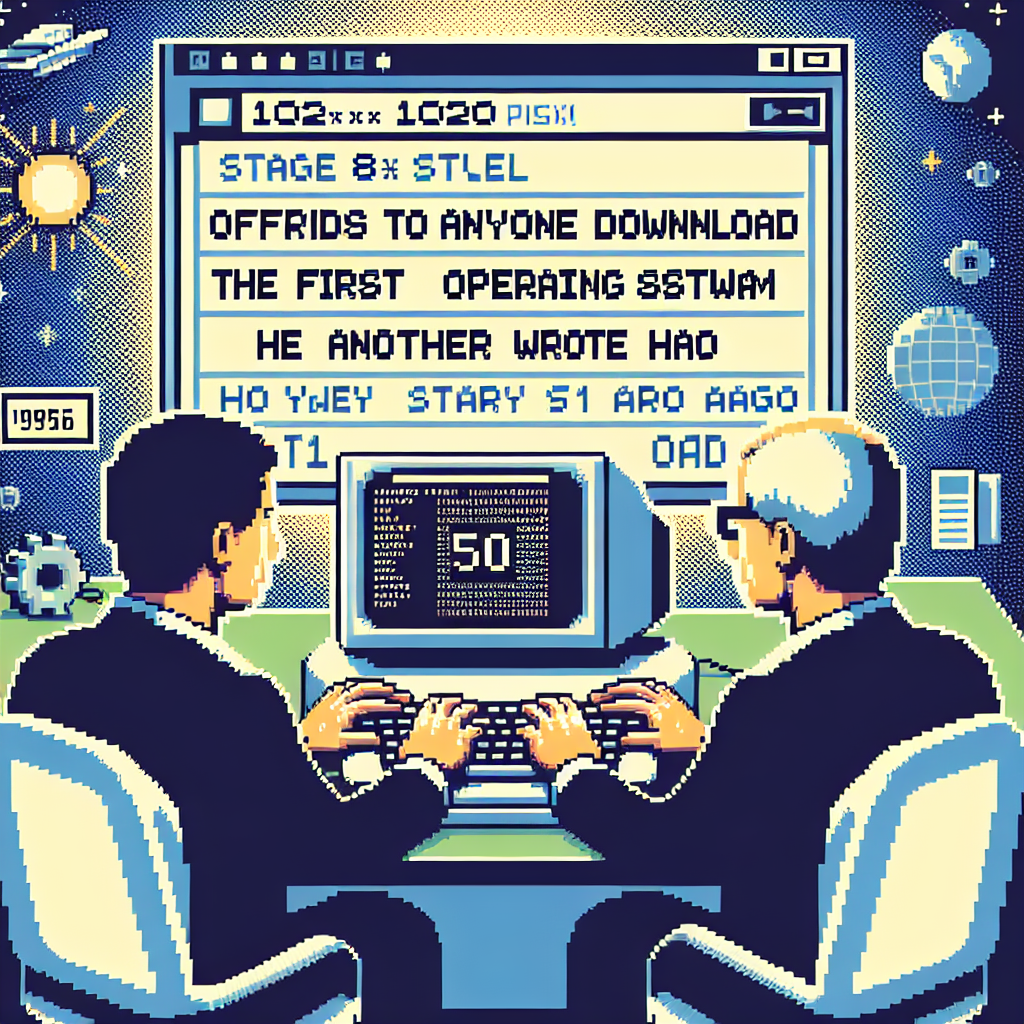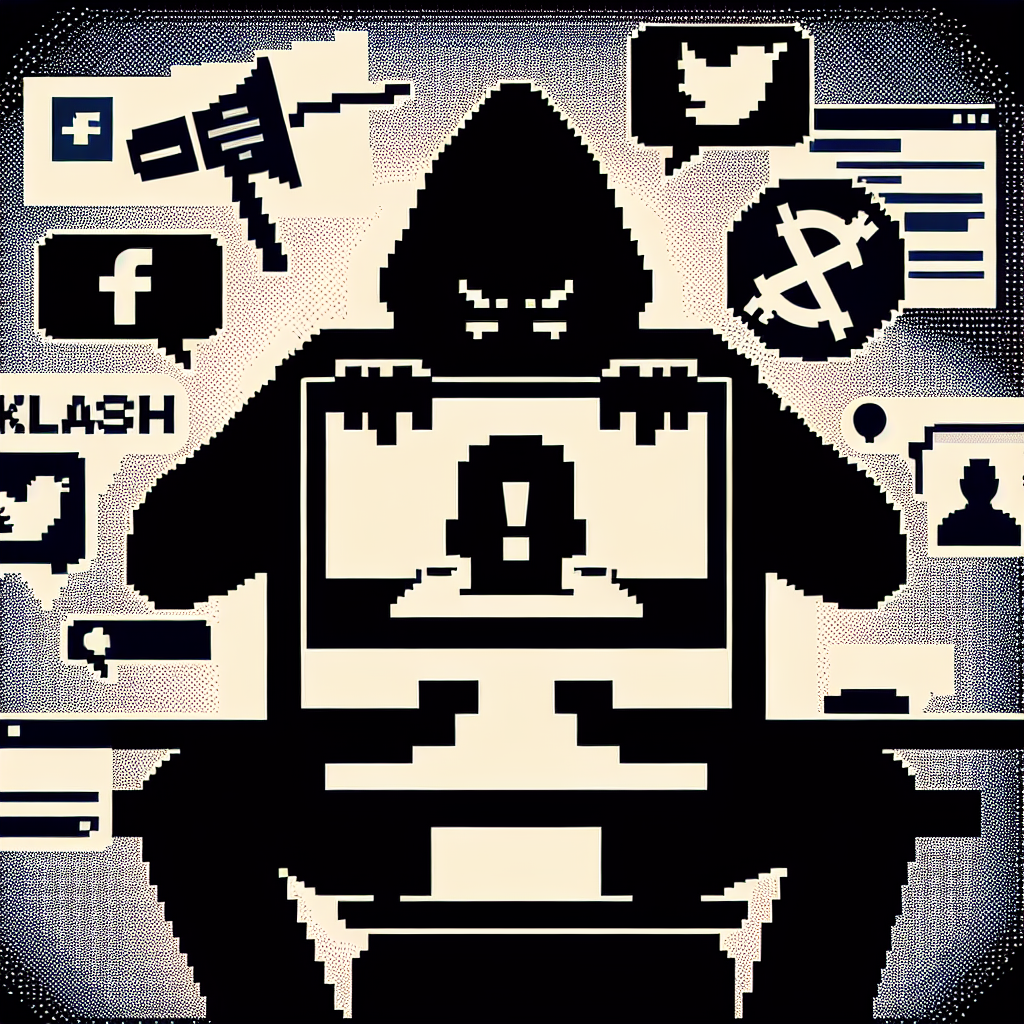Bill Gates offers to let anyone download the first operating system he and Paul Allen wrote 50 years ago - Fortune | Analysis by Brian Moineau
Title: A Nostalgic Dive into the Digital Past: Bill Gates and the Original Operating System
---
In the ever-evolving landscape of technology, where the next big thing is always just around the corner, it's refreshing to pause and take a nostalgic look at the roots of our digital world. Recently, Bill Gates made an unexpected yet delightful move by offering everyone the opportunity to download the very first operating system he and Paul Allen wrote 50 years ago. Gates himself described this code as "the coolest I’ve ever written," a sentiment that echoes the profound impact this project had on the future of computing.
A Flashback to the Beginnings
Half a century ago, in an era where personal computers were still a figment of imagination, two young visionaries, Bill Gates and Paul Allen, embarked on a journey that would change the world. Their creation, a BASIC interpreter for the Altair 8800, laid the groundwork for Microsoft, which would go on to become a titan of the tech industry. This first foray into software development was not just a technical milestone but a cultural one; it signaled the dawn of the personal computing revolution.
The Code That Started It All
For those who are curious about the digital archeology of this early operating system, Gates's decision to release the code is a rare opportunity to glimpse into the primitive yet ingenious logic that powered the earliest personal computers. It’s a testament to the creativity and determination of two young minds who dared to dream big. In the context of today's technology, this code may seem rudimentary, but it was a building block that enabled the development of more sophisticated operating systems and applications.
Connecting the Past to the Present
While Gates's gesture is a nod to the past, it also invites reflection on the current state of technology and its rapid advancements. Today, we live in a world dominated by artificial intelligence, cloud computing, and quantum computing. Companies like Google and IBM are pushing the boundaries of what's possible, and the recent surge in AI-driven applications like ChatGPT and DALL-E has sparked both excitement and debate about the implications of these technologies.
Interestingly, this release comes at a time when other tech giants are also embracing open-source principles. For example, Tesla, under Elon Musk's leadership, has shared certain patents to encourage the development of electric vehicle technology. Such actions highlight a growing trend of collaboration and shared progress in the tech world.
Bill Gates: More Than Just a Tech Mogul
Bill Gates, known for co-founding Microsoft, is equally recognized for his philanthropy. Through the Bill & Melinda Gates Foundation, he has contributed significantly to global health, education, and poverty alleviation. His ability to pivot from being a tech entrepreneur to a global humanitarian exemplifies a multifaceted career path that many in the tech industry admire and aspire to emulate.
Final Thoughts
As we download this piece of history and examine the lines of code that sparked the personal computing era, it’s a reminder of how far we've come and the endless possibilities that lie ahead. Gates’s gesture is not just about celebrating a milestone from the past but also inspiring the next generation of innovators. In a world where technology continues to shape every aspect of our lives, revisiting the roots of our digital journey can provide valuable insights and inspiration for the future.
So, whether you're a seasoned programmer or a tech enthusiast, take a moment to explore this digital relic. Who knows? You might find the spark of inspiration for the next big breakthrough hidden within those early lines of code.
---
For those interested, you can access the code and dive into the past through the [link provided by Gates](
). Embrace the nostalgia and perhaps find your own piece of the future within this unique glimpse into the past.
Read more about AI in Business

